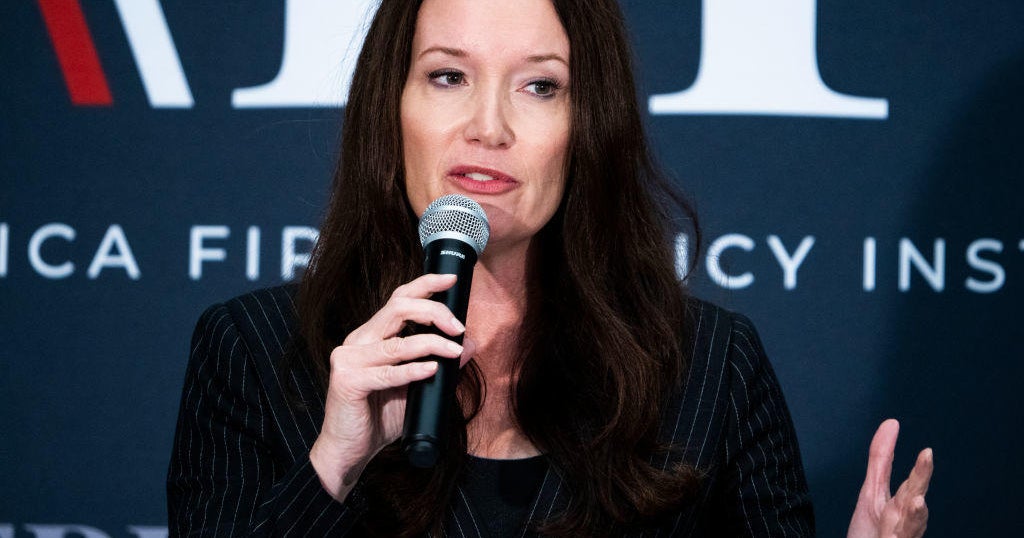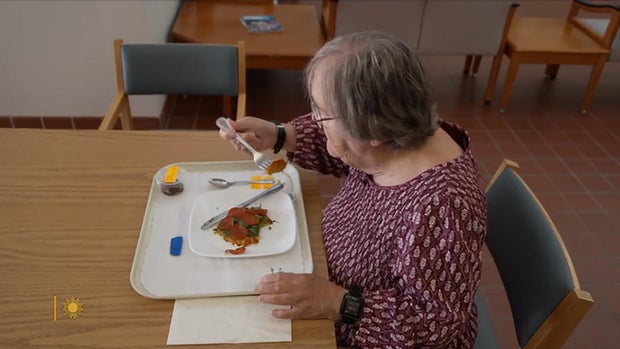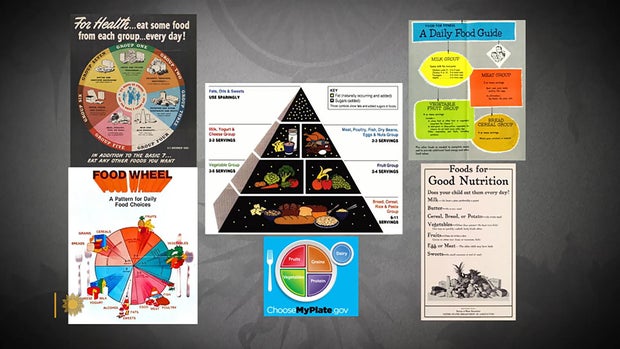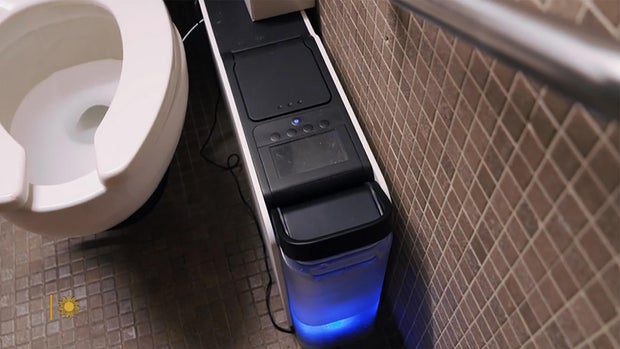CBS News
Trump campaign, RNC aim to deploy 100,000 volunteer vote-counting monitors for presidential election

The Republican National Committee and former President Donald Trump’s campaign announced a new initiative Friday to deploy thousands to monitor vote counting in battleground states during the presidential election.
The Republican Party aims to recruit 100,000 volunteers to observe the voting process and report irregularities, as well as lawyers to provide rapid-response services if there are issues in the vote counting.
“The RNC is hiring hundreds of election integrity staff across the map – more than ever before because our Party will be recruiting thousands of more observers to protect the vote in 2024,” said Lara Trump, RNC co-chair, in a press release. “These campaign officials in states are tasked with recruiting, training, and when possible, shifting poll watchers and poll workers day in and day out.”
The operation plans to set up an “Election Integrity Hotline” in every battleground state and create a command center for lawyers to respond to reports from volunteers.
There will also be monthly training sessions on monitoring voting sites and ballot counting centers, according to the release.
The Trump campaign and RNC are calling it “the most extensive and monumental election integrity program in the nation’s history.”
Every jurisdiction in the country allows people to observe, but not interfere, with the voting and counting process, says David Becker, CBS News election law contributor and the founder of the Center for Election Innovation and Research.
Becker doubts that Republicans will be able to attract as many volunteers for the effort as billed. “Transparency in elections is a good thing,” Becker said. “But I don’t recall a single presidential election in recent memory where there weren’t promises of recruiting an army of thousands of poll watchers, and those have never materialized.”
The program was designed by the Trump campaign, along with newly installed RNC Chairman Michael Whatley, Lara Trump and RNC chief counsel Charlie Spies. Before Trump selected him to be RNC chair, Whatley worked on election integrity initiatives as the chair of the North Carolina Republican Party.
His history with these efforts was a motivating factor for Trump when he selected him to succeed Ronna McDaniel as party chair.
The announcement underscores an effort by the former president to refocus the RNC on election integrity, which Trump felt previous party leaders failed to accomplish during the 2020 election.
Despite Trump’s focus on the issue, there was no evidence of widespread fraud during the 2020 election. Trump is currently facing federal and state charges related to his efforts to overturn the 2020 election.
The Democratic National Committee accused the Trump political operation of trying to undermine the results of the 2024 presidential election.
“Donald Trump knows he’s running a losing campaign, so he’s working with his handpicked team of election deniers at the RNC to once again lay the groundwork to undermine our democracy and spread baseless lies about a rigged election,” said DNC Rapid Response Director Alex Floyd in a press release.
CBS News
A study to devise nutritional guidance just for you

It’s been said the best meals come from the heart, not from a recipe book. But at this USDA kitchen, there’s no pinch of this, dash of that, no dollops or smidgens of anything. Here, nutritionists in white coats painstakingly measure every single ingredient, down to the tenth of a gram.
Sheryn Stover is expected to eat every crumb of her pizza; any tiny morsels she does miss go back to the kitchen, where they’re scrutinized like evidence of some dietary crime.
Stover (or participant #8180, as she’s known) is one of some 10,000 volunteers enrolled in a $170 million nutrition study run by the National Institutes of Health. “At 78, not many people get to do studies that are going to affect a great amount of people, and I thought this was a great opportunity to do that,” she said.
CBS News
It’s called the Nutrition for Precision Health Study. “When I tell people about the study, the reaction usually is, ‘Oh, that’s so cool, can I do it?'” said coordinator Holly Nicastro.
She explained just what “precise” precisely means: “Precision nutrition means tailoring nutrition or dietary guidance to the individual.”
The government has long offered guidelines to help us eat better. In the 1940s we had the “Basic 7.” In the ’50s, the “Basic 4.” We’ve had the “Food Wheel,” the “Food Pyramid,” and currently, “My Plate.”
CBS News
They’re all well-intentioned, except they’re all based on averages – what works best for most people, most of the time. But according to Nicastro, there is no one best way to eat. “We know from virtually every nutrition study ever conducted, we have inner individual variability,” she said. “That means we have some people that are going to respond, and some people that aren’t. There’s no one-size-fits-all.”
The study’s participants, like Stover, are all being drawn from another NIH study program called All Of Us, a massive undertaking to create a database of at least a million people who are volunteering everything from their electronic health records to their DNA. It was from that All of Us research that Stover discovered she has the gene that makes some foods taste bitter, which could explain why she ate more of one kind of food than another.
Professor Sai Das, who oversees the study at Tufts University, says the goal of precision nutrition is to drill down even deeper into those individual differences. “We’re moving away from just saying everybody go do this, to being able to say, ‘Okay, if you have X, Y and Z characteristics, then you’re more likely to respond to a diet, and somebody else that has A, B and C characteristics will be responding to the diet differently,'” Das said.
It’s a big commitment for Stover, who is one of 150 people being paid to live at a handful of test sites around the country for six weeks – two weeks at a time. It’s so precise she can’t even go for a walk without a dietary chaperone. “Well, you could stop and buy candy … God forbid, you can’t do that!” she laughed.
While she’s here, everything from her resting metabolic rate, her body fat percentage, her bone mineral content, even the microbes in her gut (digested by a machine that essentially is a smart toilet paper reading device) are being analyzed for how hers may differ from someone else’s.
Nicastro said, “We really think that what’s going on in your poop is going to tell us a lot of information about your health and how you respond to food.”
CBS News
Stover says she doesn’t mind, except for the odd sounds the machine makes. While she is a live-in participant, thousands of others are participating from their homes, where electronic wearables track all kinds of health data, including special glasses that record everything they eat, activated when someone starts chewing. Artificial intelligence can then be used to determine not only which foods the person is eating, but how many calories are consumed.
This study is expected to be wrapped up by 2027, and because of it, we may indeed know not only to eat more fruits and vegetables, but what combination of foods is really best for us. The question that even Holly Nicastro can’t answer is, will we listen? “You can lead a horse to water; you can’t make them drink,” she said. “We can tailor the interventions all day. But one hypothesis I have is that if the guidance is tailored to the individual, it’s going to make that individual more likely to follow it, because this is for me, this was designed for me.”
For more info:
Story produced by Mark Hudspeth. Editor: Ed Givnish.
“Sunday Morning” 2024 “Food Issue” recipe index
Delicious menu suggestions from top chefs, cookbook authors, food writers, restaurateurs, and the editors of Food & Wine magazine.
CBS News
A new generation of shopping cart, with GPS and AI

Watch CBS News
Be the first to know
Get browser notifications for breaking news, live events, and exclusive reporting.
CBS News
“All hands on deck” for Idaho’s annual potato harvest

Watch CBS News
Be the first to know
Get browser notifications for breaking news, live events, and exclusive reporting.











